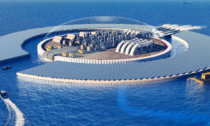
More than 200 scientists have signed a letter pushing for “responsible” research into ways to trap planet-heating carbon dioxide in the world’s oceans. They want to take urgent action on the climate crisis, while making sure they don’t trigger any new problems by relying on oceans to help in the fight.
Polluters have trashed the world’s atmosphere with carbon dioxide emissions from fossil fuels. That blanket of pollution is already warming the planet and causing more extreme weather disasters. One way to keep climate change from getting worse is to take some of those historic emissions out of the atmosphere.
Oceans already do that for us, absorbing and holding around 50 times more carbon than the atmosphere. What if humans could supercharge that ability?
That’s what...
Read More

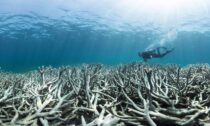
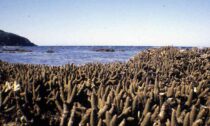

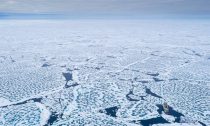
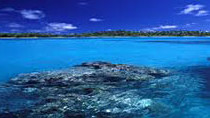
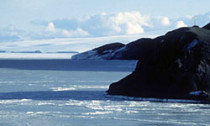

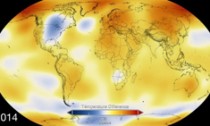
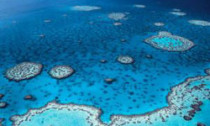
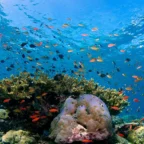


Social Profiles